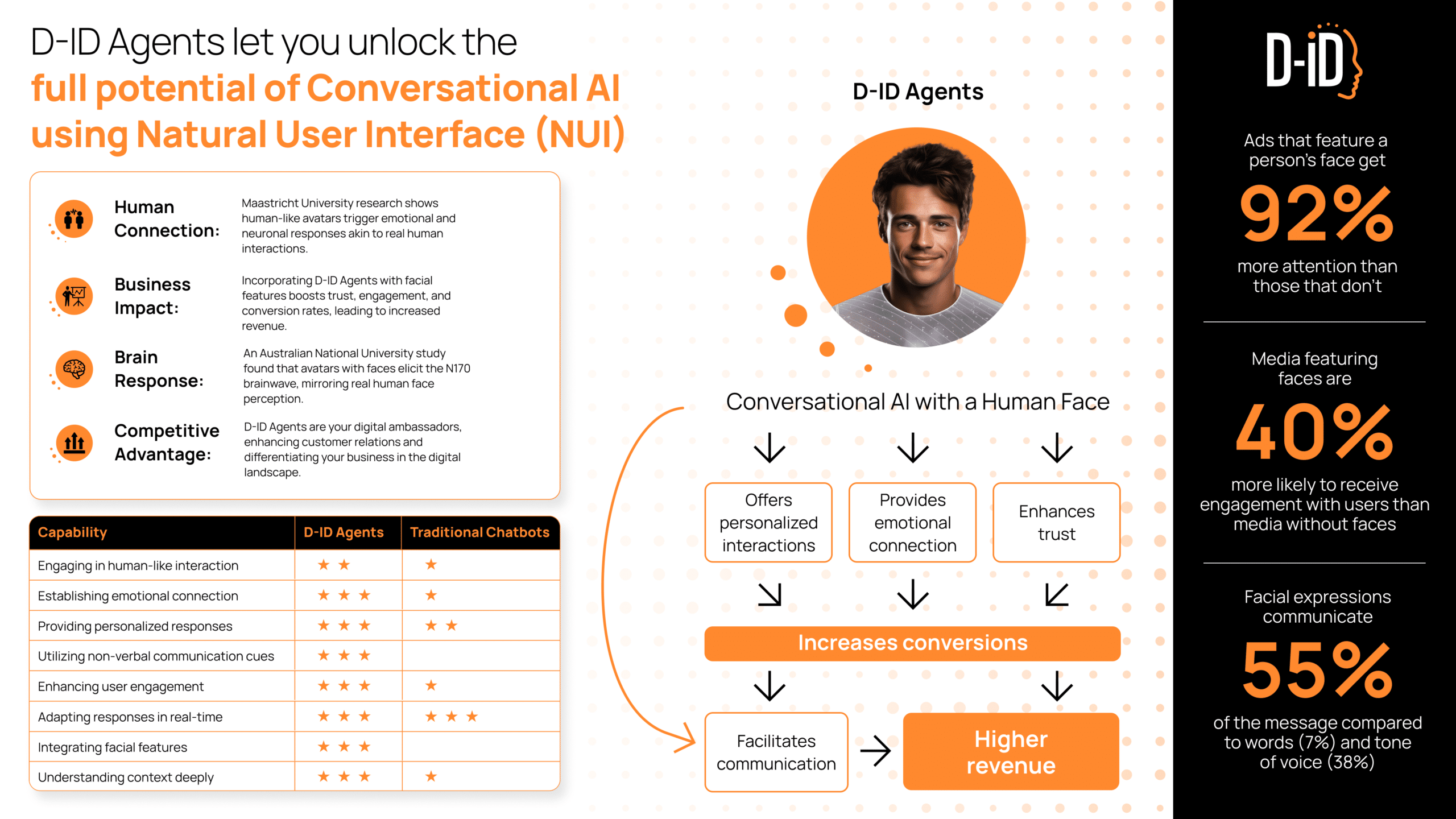The Rise of AI Agents: A New Tech Race
Artificial Intelligence has entered a new era, transitioning from simple chatbots to advanced AI agents capable of real-time, human-like interactions. This leap forward is showcased by Microsoft-backed OpenAI’s GPT-4o and Google’s Project Astra. These advancements are transforming how we interact with technology and shaking up the tech industry. Giants like Nvidia, Meta, Amazon, and Apple now face new challenges and opportunities. This article explores the technological innovations, the potential risks, and the industry’s responses, featuring insights from an exclusive interview by CNBC with Google CEO Sundar Pichai.
A New Era of AI
The evolution from chatbots to AI agents marks a significant milestone in the development of artificial intelligence. Unlike their predecessors, these new AI agents can engage in instantaneous, real-time, strikingly human-like conversations. OpenAI’s GPT-4o and Google’s Project Astra exemplify this new breed of AI, which can understand and respond to complex queries, adapt to new situations, and exhibit emotions. “This is a monumental leap in AI capabilities,” said Sam Altman, CEO of OpenAI. “We are no longer just automating responses; we are creating agents that can think and feel in real-time.”

Google’s Project Astra, introduced during their recent keynote, demonstrated the AI’s ability to process and respond to real-world scenarios seamlessly. “We believe this is the future of AI,” noted Sundar Pichai, Google’s CEO. Our goal is to develop AI that can interact with users just as a human would, offering not just information but meaningful interactions.
CNBC recently produced a report focusing on the ‘Age of the AI agents’ and included an exclusive interview with Sundar Pichai, Google’s CEO:
The leap from basic chatbots to sophisticated AI agents marks a new era in artificial intelligence, promising a future where machines can interact with humans in real time, providing seamless, human-like interactions. These AI agents, exemplified by OpenAI’s GPT-4o and Google’s Project Astra, are designed to handle complex tasks and understand nuanced contexts, making them far more capable than previous iterations of AI.
Real-Time Responsiveness
One of the most significant advancements is the real-time responsiveness of these AI agents. Unlike earlier models, which often required a noticeable pause before responding, GPT-4o and Project Astra can process and respond to inputs almost instantaneously. “We have achieved a level of speed and accuracy previously thought to be unattainable,” said Sam Altman, CEO of OpenAI. This real-time interaction capability is critical for applications where timing and natural conversation flow are essential.

These AI agents can engage in multi-turn conversations, providing contextually relevant answers that make the interaction feel more natural. For instance, during a demo, GPT-4o was able to assist with solving complex math problems, provide coding assistance, and even tell a story, all in real time. This level of interaction is a game-changer for industries ranging from customer service to personal assistants.
Sophisticated Understanding and Learning
AI agents are now equipped with sophisticated machine-learning algorithms that allow them to continuously understand and learn from interactions. This means that the more these agents interact with users, the better they understand and predict user needs. “Our AI agents are designed to learn from every interaction, improving their performance over time,” explained Pichai.

These learning capabilities extend to emotional intelligence as well. AI agents can now detect and respond to emotional cues, making interactions more empathetic and engaging. For example, GPT-4o can modulate its responses based on the user’s emotional state, providing support and understanding in a way that feels genuinely human. This advancement opens up new possibilities for mental health applications, where empathetic AI could provide valuable support.
Integration into Everyday Life
The potential applications of these AI agents are vast, and tech companies are racing to integrate them into everyday life. The possibilities are endless, from smart home devices to advanced customer service platforms. “We are working to bring AI into every aspect of daily life, making interactions more seamless and intuitive,” Pichai noted.
This integration is not without its challenges, however. Privacy concerns and the potential for misuse are significant issues that must be addressed. Companies like Google and OpenAI are aware of these risks and are working to implement robust safeguards to protect user data and ensure ethical AI use. “We are committed to developing AI that is not only powerful but also safe and ethical,” emphasized Altman.










